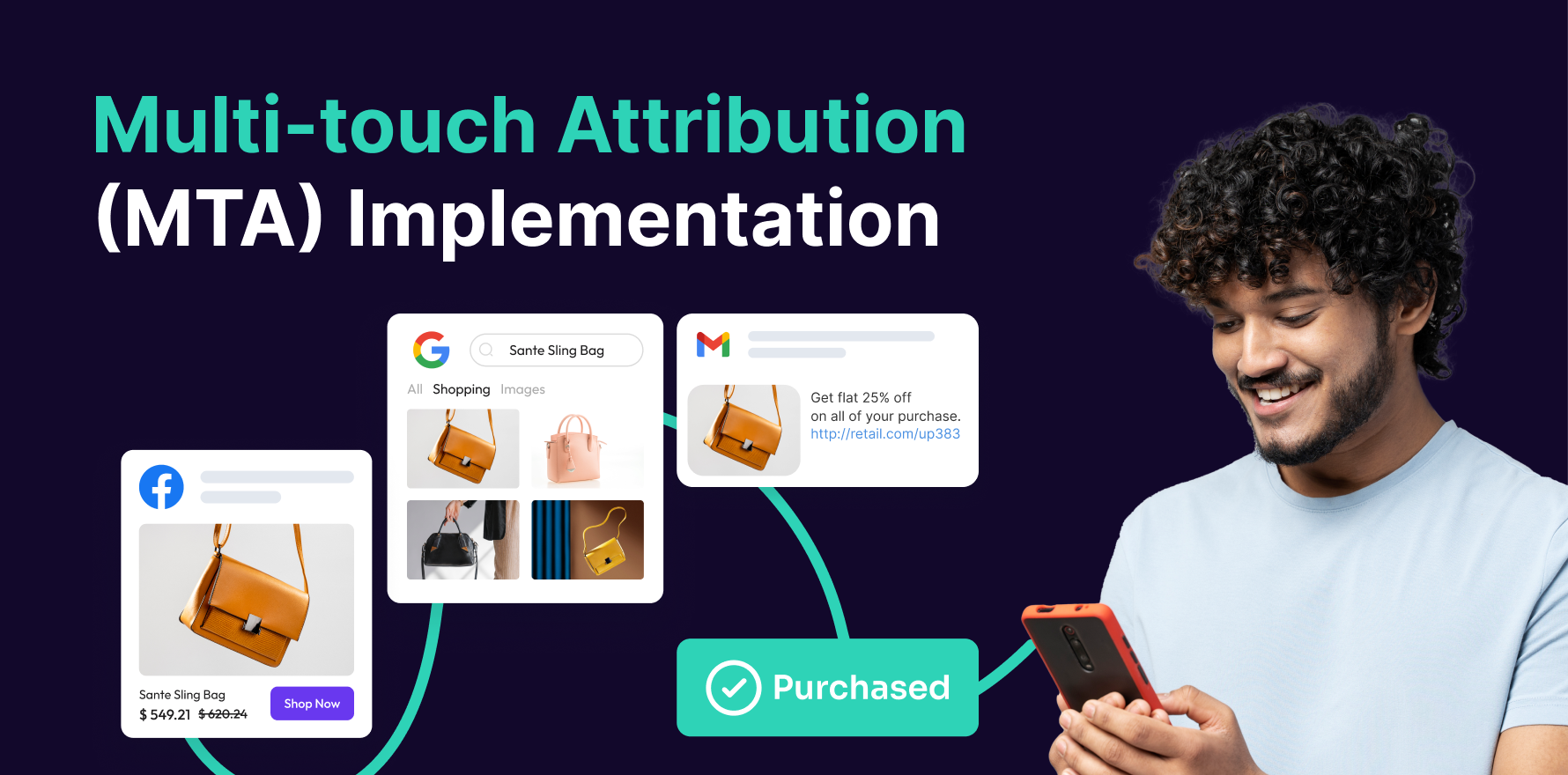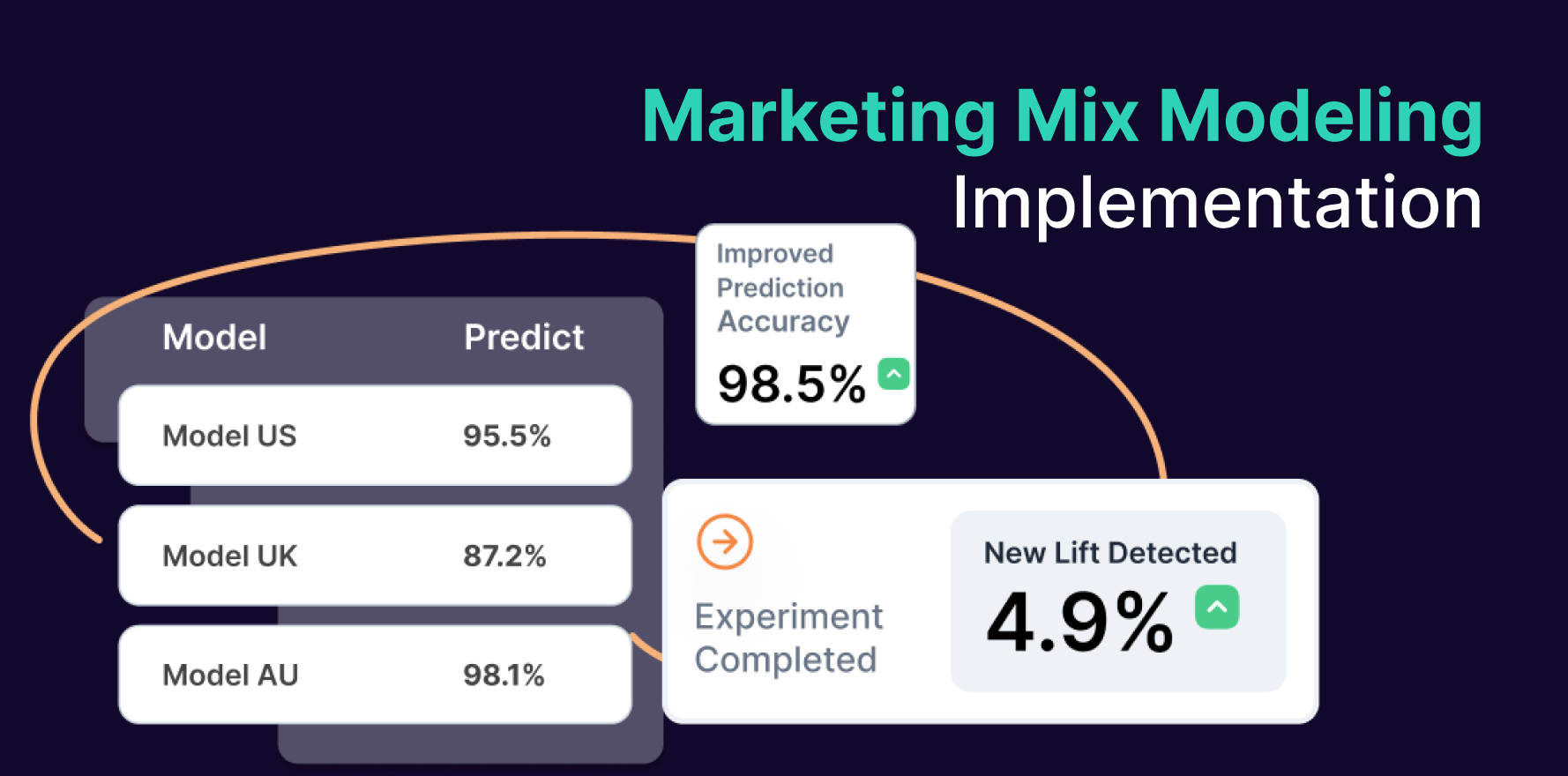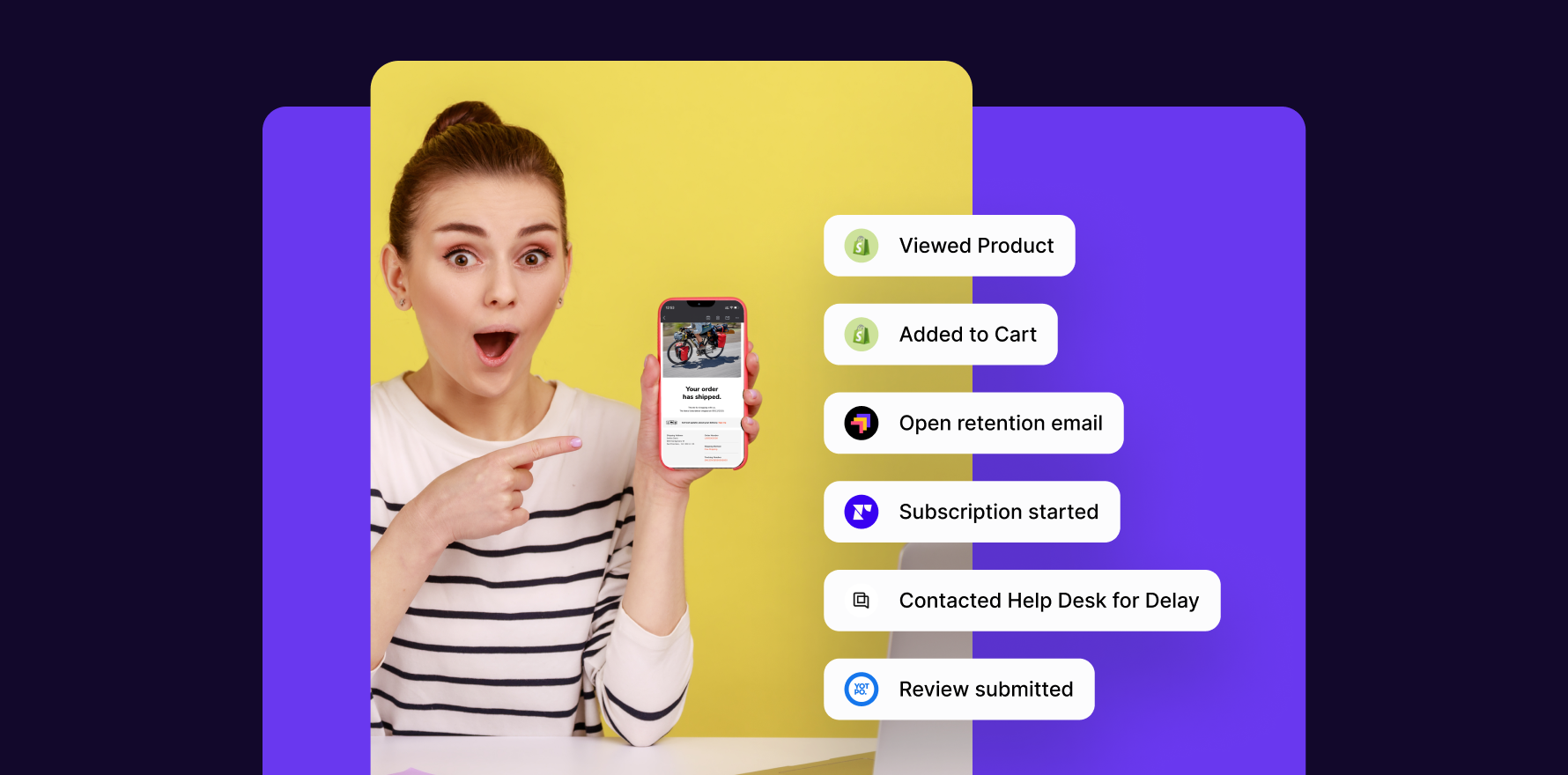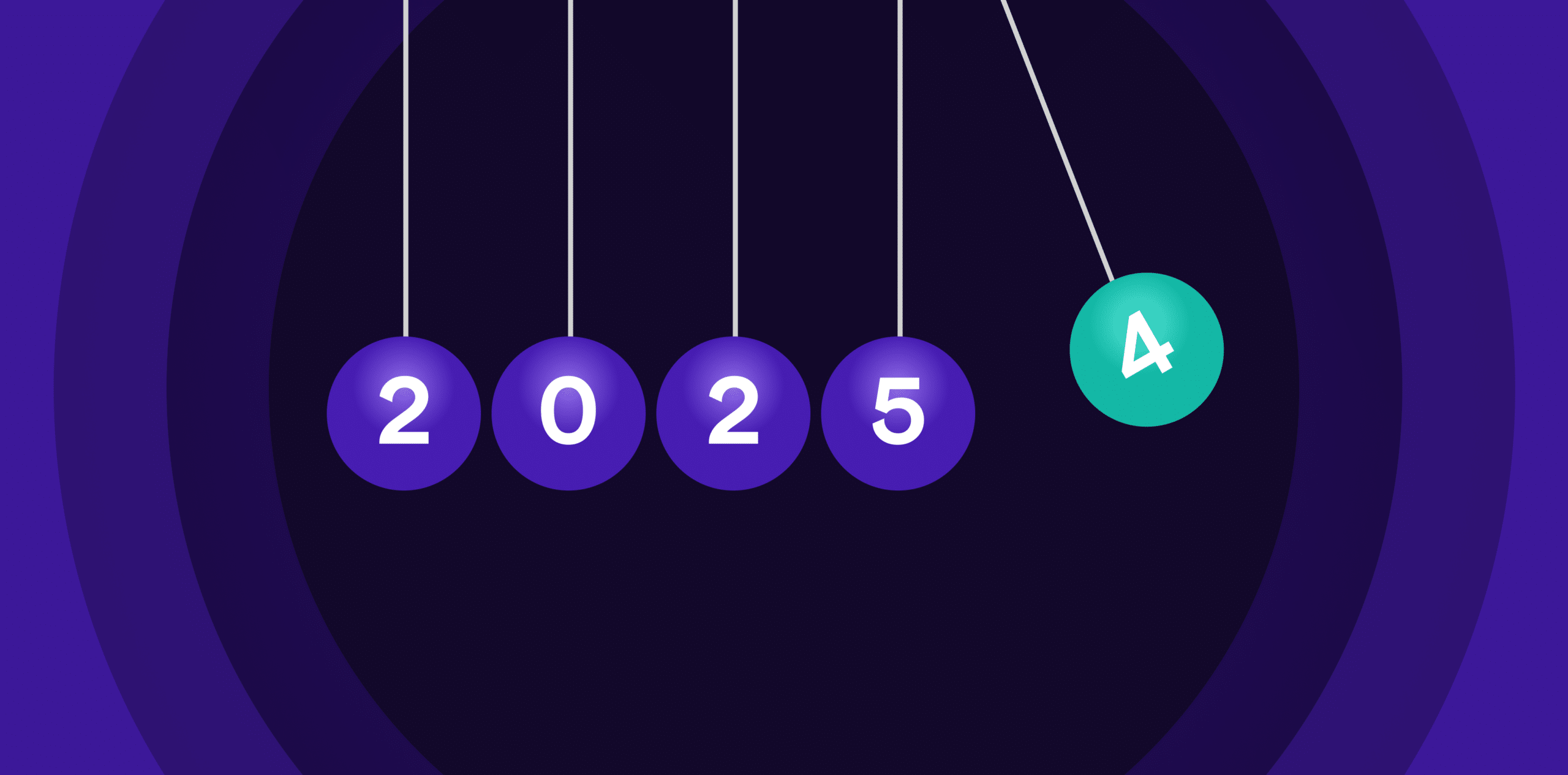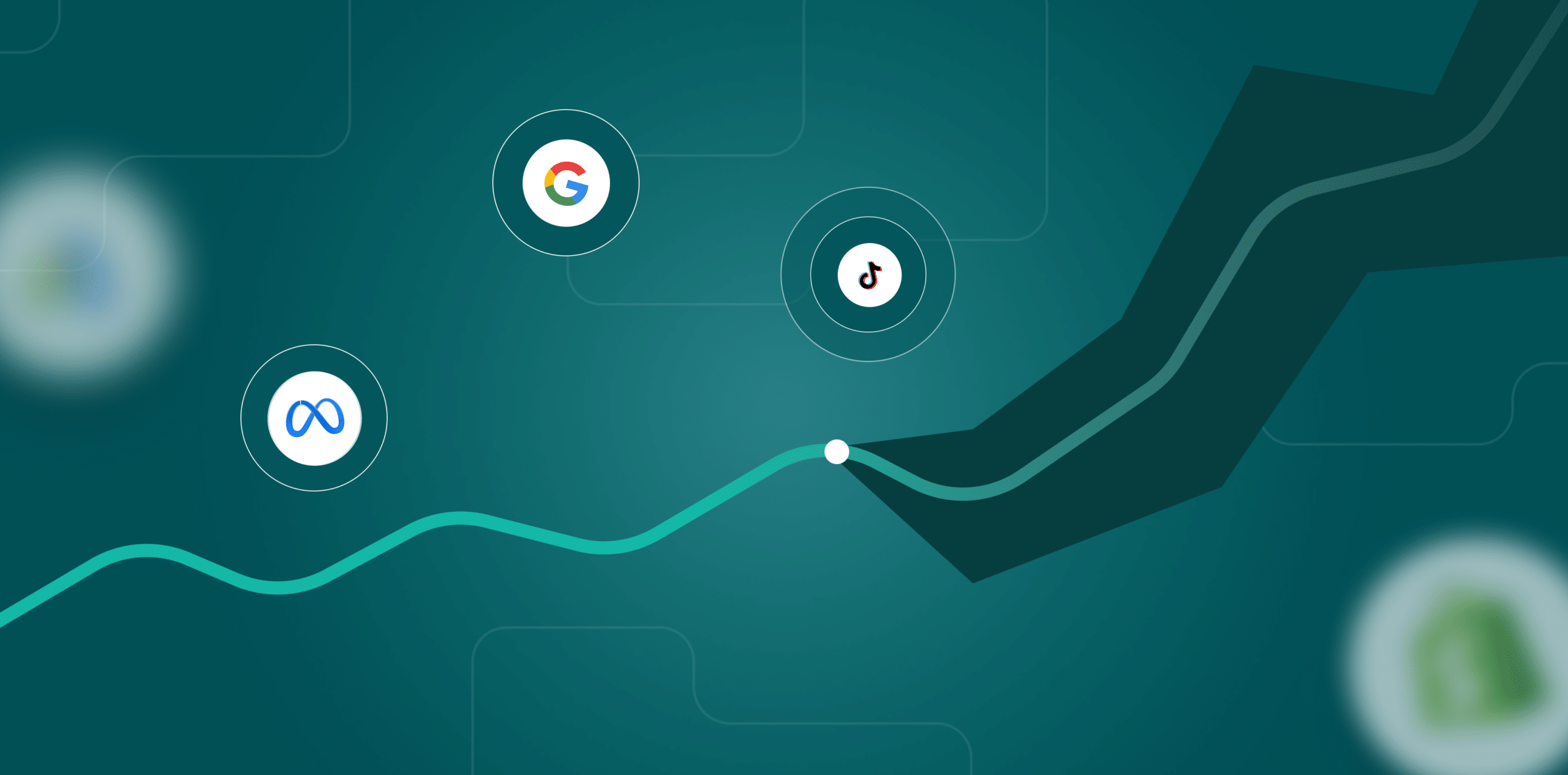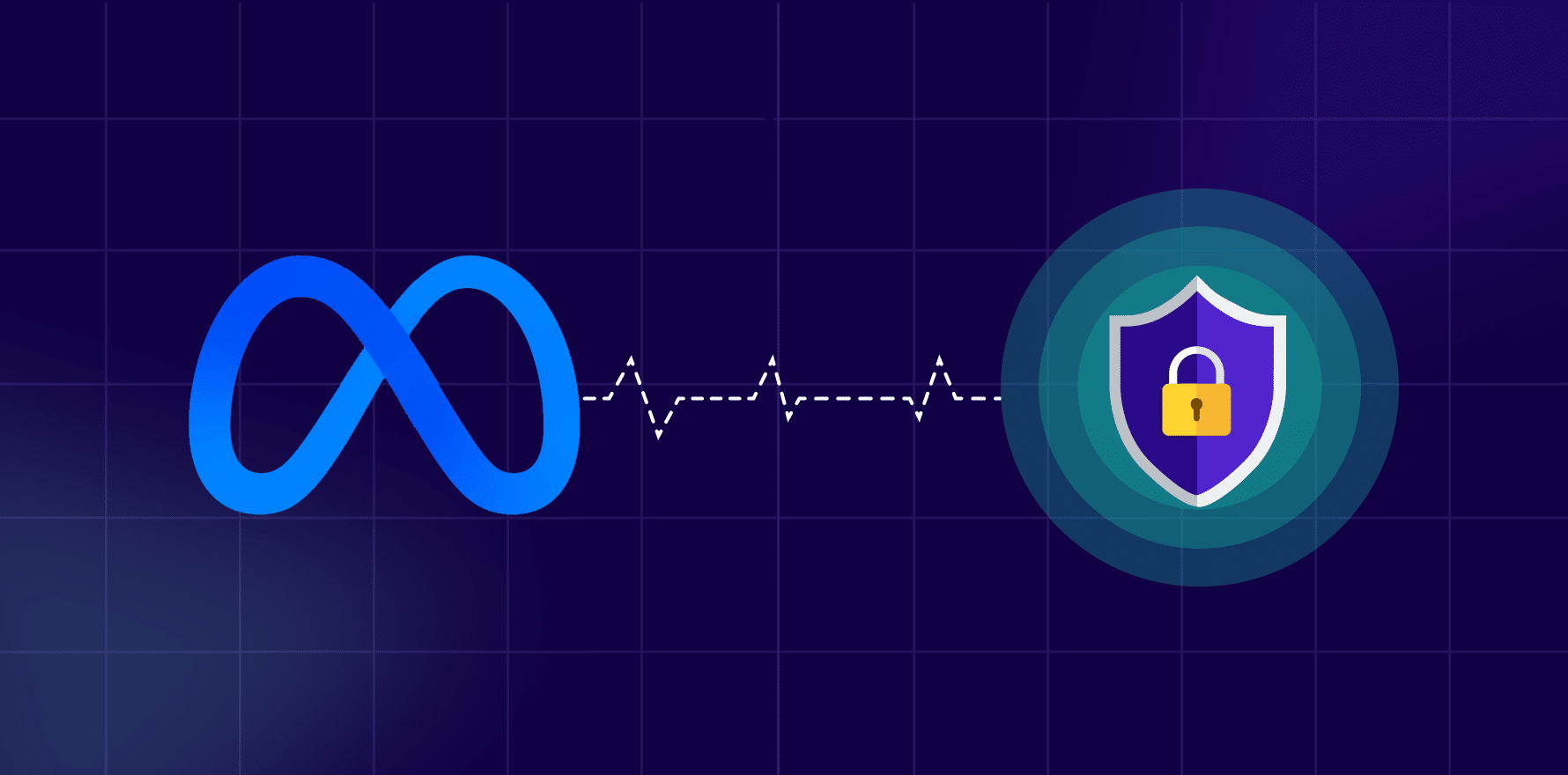What is Page scroll depth?
Page Scroll Depth is a metric in web analytics which tracks how far down, as a percentage, a user scrolls on a specific page. Scroll depth tracking gives valuable insight into user engagement and interaction on a website, particularly on eCommerce platforms. It examines the extent to which a user engages with a website by tracking their scrolling behaviour, hence offering an indication of content effectiveness and site usability.
Formula
Average Page Scroll Depth = Sum of All Scroll Depths / Total Number of Page Views
Example
Consider an eCommerce website with a product page. When tracing the journey of a user, if the user only scrolls through the first 25% of the page before leaving, the scroll depth thus recorded will be 25%.
Why is Page scroll depth important?
Page Scroll Depth assumes significance because it helps identify how engaged a user is with your site. Higher scrolling depth indicates more engagement and vice versa. Moreover, it can indicate if key information or call-to-action buttons are optimally placed on the page. By analyzing the regions with higher scroll depth, marketers can strategically place key advertisements or promotional content.
Which factors impact Page scroll depth?
Several factors can affect the scroll depth, including content relevance and quality, page layout, website speed, and overall usability of the website.
How can Page scroll depth be improved?
- 1. High-quality Content: Engaging, valuable, and personalized content keeps the users hooked and prompts them to scroll further.
- 2. Page Layout: A clean, user-friendly layout that guides the users throughout with adequate visual cues can improve scroll depth.
- 3. Optimize Load Time: A faster loading page can reduce bounce rate and encourage users to stay longer and scroll further.
- 4. Mobile Optimization: Given the surge in mobile users, ensuring pages are optimized for mobile scrolling is crucial.
What is Page scroll depth’s relationship with other metrics?
Page Scroll Depth closely correlates with other key eCommerce metrics like bounce rate, session duration, and conversion rates. A high scroll depth often indicates lower bounce rates (users are staying to read more) and can lead to higher session durations. Furthermore, if strategically important content and CTAs are placed well, it can boost the conversion rates.
Free Essential Resources for Success
Discover More From Lifesight
